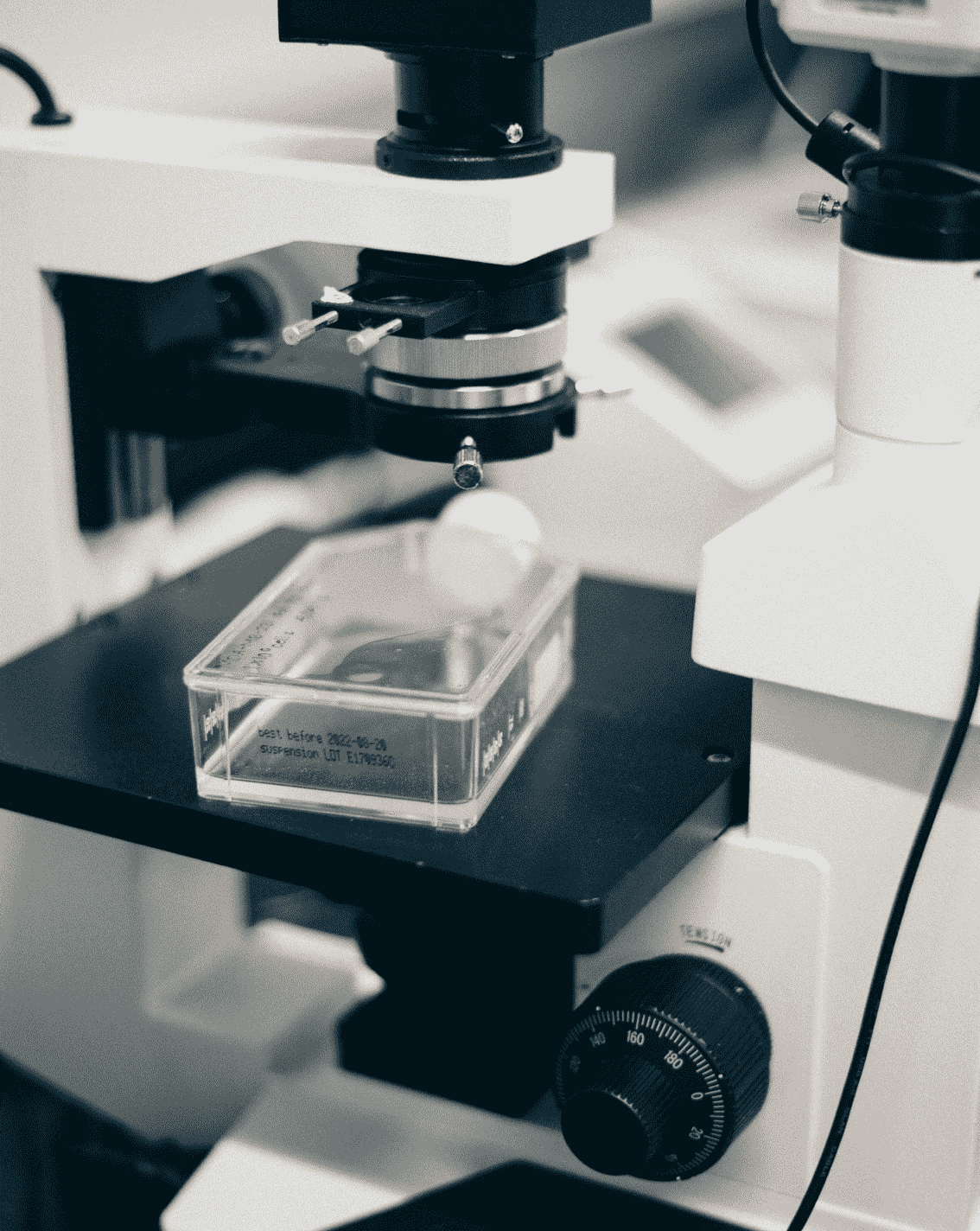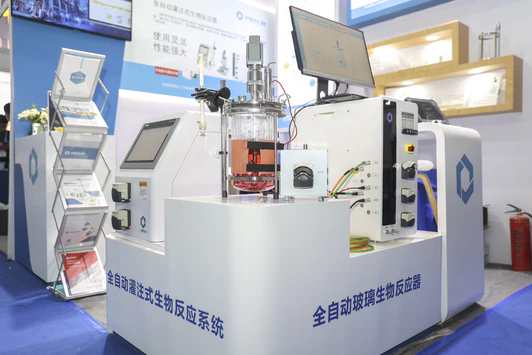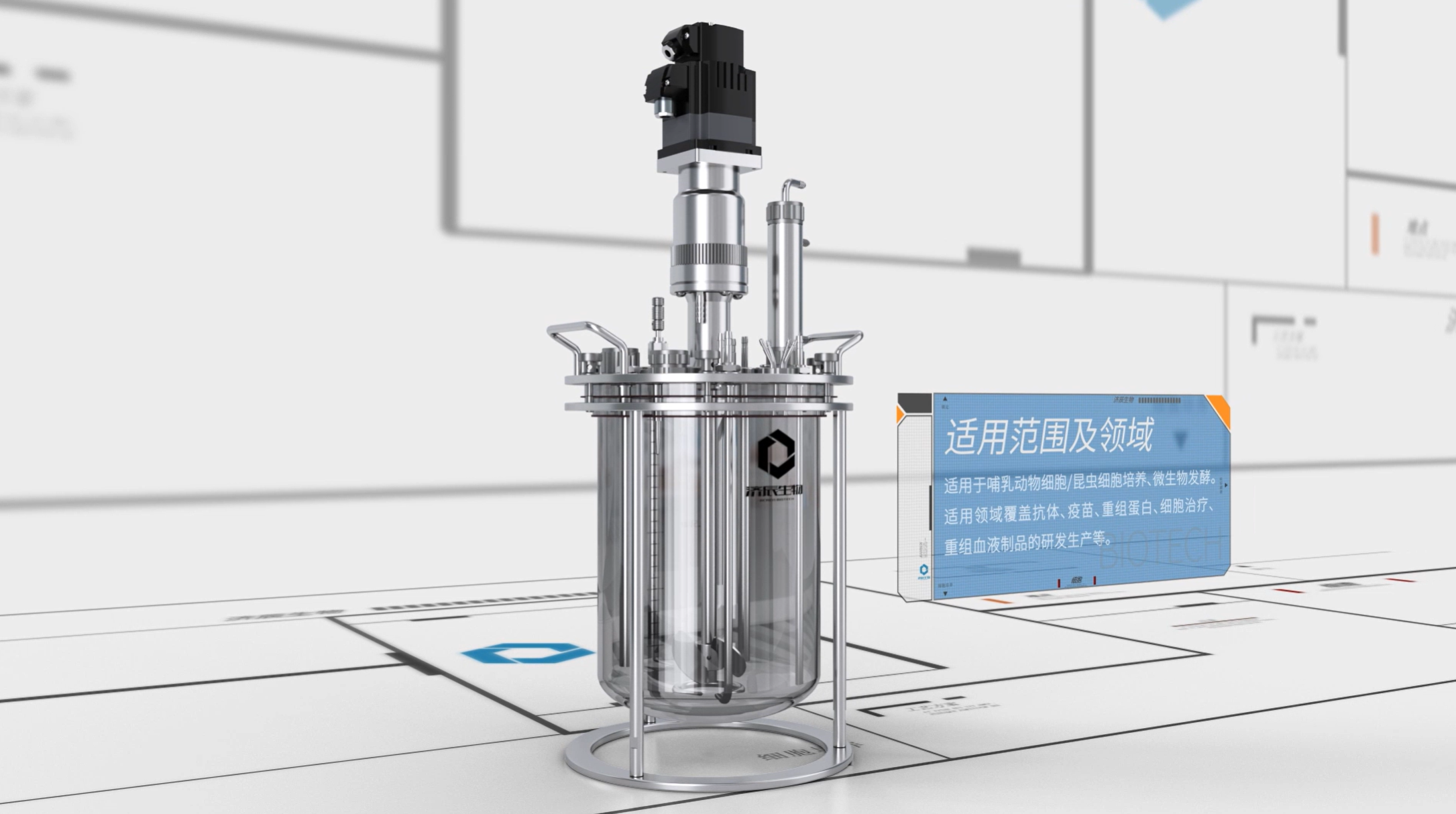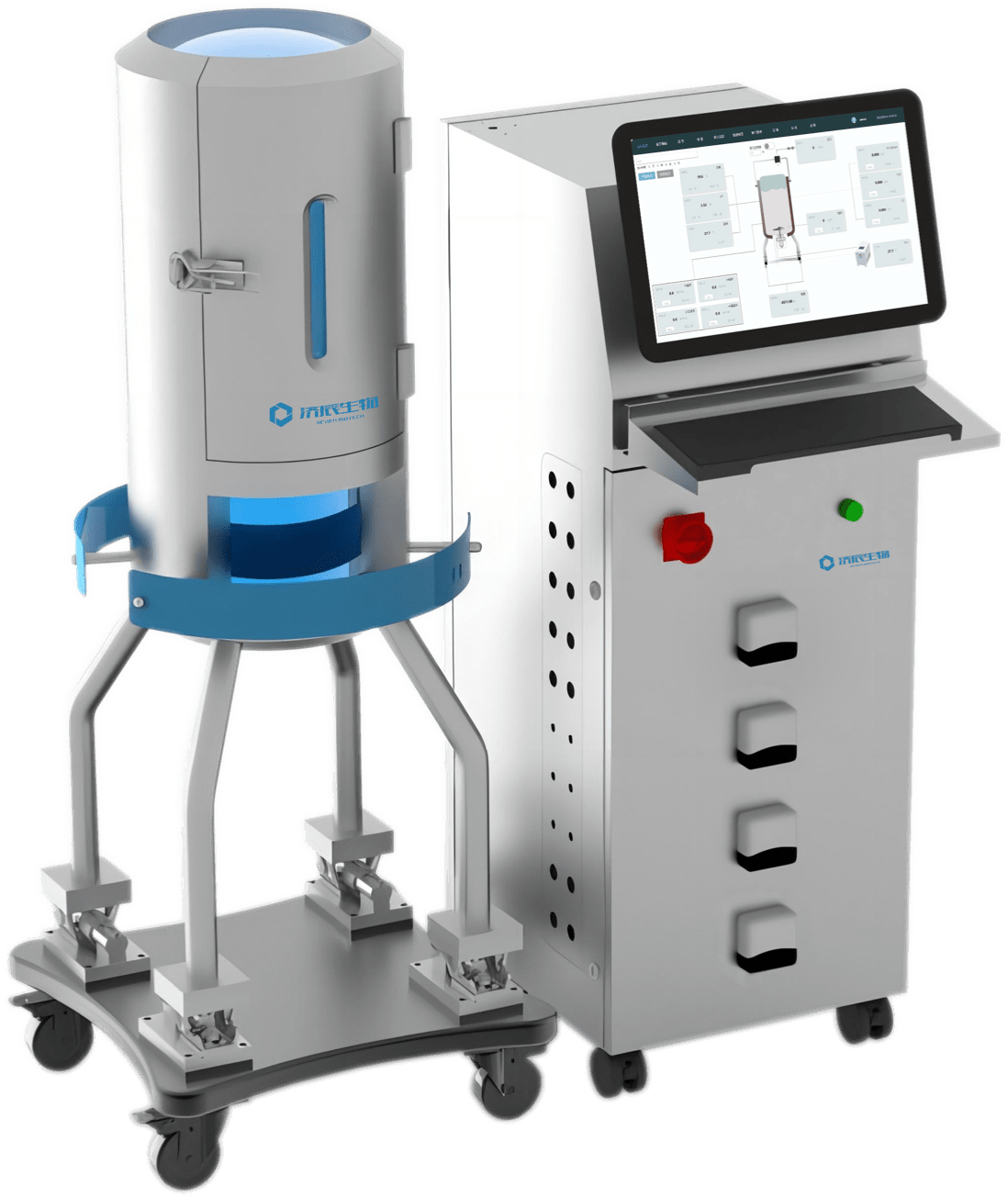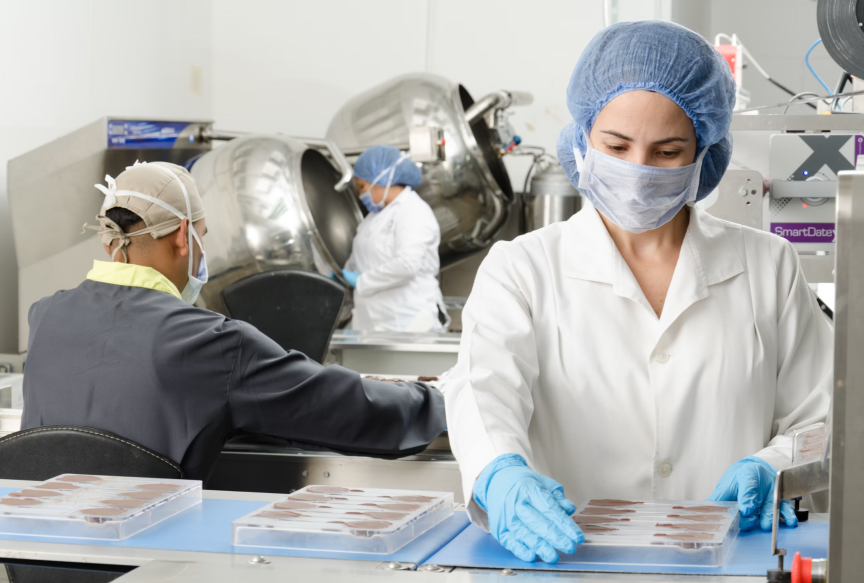With the rapid development of biotechnology, the biopharmaceutical industry has achieved remarkable results worldwide. As a large biopharmaceutical country, China has made great progress in recent years in terms of policy support, technological innovation and market expansion. However, in the drug production process, how to improve production efficiency, reduce costs and ensure product quality has become a major challenge for the industry. Automation of the pharmaceutical production process, as an effective means of solving the problem, has gradually become the development trend of the biopharmaceutical industry.
Overview of pharmaceutical production process automation
Pharmaceutical production process automation refers to the use of computer technology, automation instrumentation and control theory, real-time monitoring, adjusting and controlling various equipment and process parameters in the process of pharmaceutical production, to achieve the optimization, stability and high efficiency of the production process. Automation of the pharmaceutical production process mainly includes the following aspects:
1. Equipment automation: to replace the traditional manual operation by automated equipment, improve production efficiency and reduce labor intensity.
2. Process parameter monitoring and control: real-time monitoring of temperature, humidity, pressure and other key process parameters in the production process to ensure the stability of the production process.
3. Informationization management: using informationization means to realize real-time collection, analysis and processing of production data, providing basis for production decision-making.
4. Intelligent scheduling: according to the production tasks and equipment status, automatically adjust the production plan to achieve optimal allocation of production resources.
Applications of automation of pharmaceutical production process in the bio-pharmaceutical industry
1. Cell culture process automation
Cell culture is a key link in the production of biopharmaceuticals, and the application of automation technology in the cell culture process is of great significance. Through the automation control system, precise control of environmental parameters such as temperature, humidity and oxygen concentration in the incubator is realized to ensure the stability of the cell growth environment. At the same time, automated equipment can realize the automatic addition, recovery and cleaning of cell culture solution, reducing the risk of cross-contamination.
2. Automation of fermentation process
The fermentation process is the core part of biopharmaceutical production, and the application of automation technology in the fermentation process can help to improve the fermentation efficiency. By monitoring the temperature, pH, dissolved oxygen and other parameters in the fermenter, the stirring speed and ventilation of the fermenter are automatically adjusted to achieve optimal control of the fermentation process. In addition, the automated system can monitor the growth status of the bacterial species in real time to provide data support for the fermentation process.
3. Automation of extraction and purification process
Extraction and purification is a key step in the production of biopharmaceuticals, and the automation technology has a significant advantage in improving the efficiency of the extraction, and ensuring the quality of products. Through the automation control system, real-time monitoring and adjustment of process parameters of extraction tanks, purification equipment, etc. are realized to ensure the stability of the production process. At the same time, the automated equipment can automatically complete the material transportation, filtration, washing and other operations, reducing the error of manual operation.
4. Preparation process automation
The preparation process is the last link of biopharmaceutical production, and automation technology is of great significance in improving the efficiency of preparation and reducing the production cost. Through automated production lines, automatic weighing, mixing, granulation, tabletting, packaging and other operations of raw materials, excipients and packaging materials are realized to improve production efficiency. At the same time, automated equipment can also monitor key parameters in the preparation process in real time to ensure product quality.
Trends in automation of the pharmaceutical production process
1. Intelligent: with the development of artificial intelligence, big data and other technologies, the automation of the pharmaceutical production process will develop in the direction of intelligence, realizing autonomous decision-making and optimal scheduling of the production process.
2. Networking: Pharmaceutical production process automation will realize the interconnection and interoperability of production equipment, control system, and management system, and improve the real-time transmission and sharing of production data.
3. Greening: automation of pharmaceutical production process will pay more attention to energy saving and environmental protection, and reduce energy consumption and pollutant emissions in the production process.
4. Safety: the automation of the pharmaceutical production process will strengthen the monitoring and maintenance of production equipment to ensure the safety of the production process.
Automation of the pharmaceutical production process is an inevitable trend in the development of the biopharmaceutical industry, and it has a far-reaching significance for the biopharmaceutical industry in China. By promoting the automation of the pharmaceutical production process, it helps to improve production efficiency, reduce costs, ensure product quality, and enhance the international competitiveness of China's biopharmaceutical industry. However, the automation of drug production process still faces many challenges, which requires the joint efforts of the government, enterprises and research institutions to promote the biopharmaceutical industry towards high-quality development.
